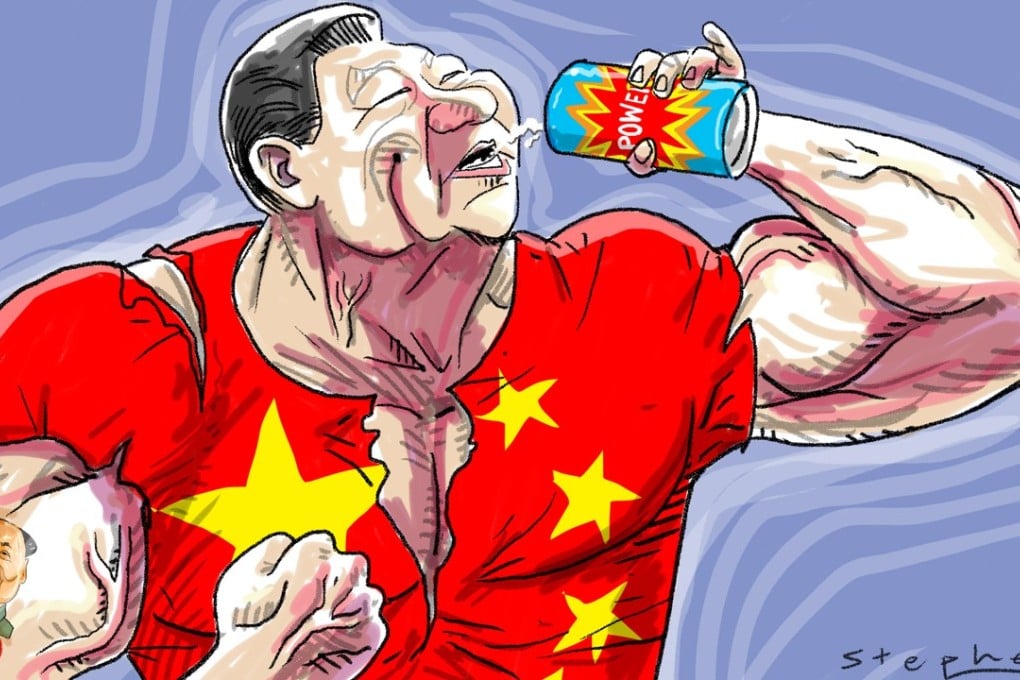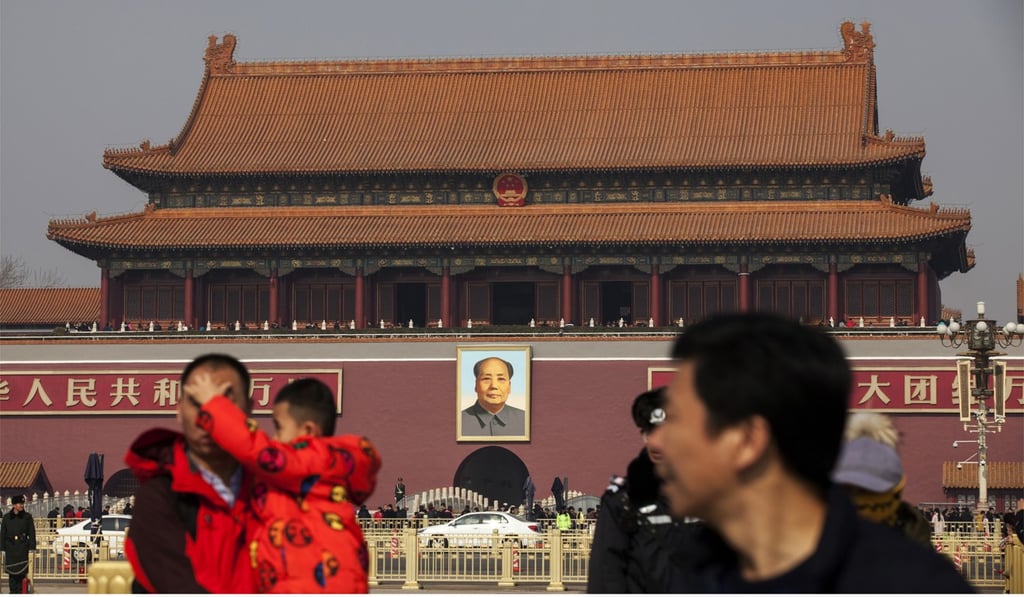Under Xi Jinping, a return in China to the dangers of an all-powerful leader
David Shambaugh says Xi has proven himself to be a visionary leader, but by systematically dismantling the institutions and rules set up by Deng Xiaoping to protect the country from the excesses of strongman rule, Xi is setting a dangerous precedent for the future

This now seems entirely likely – unless he unexpectedly succumbs to health problems or is overthrown. Both of these possibilities are unknowable, but stranger things have occurred in Chinese politics in the past (and even during Xi’s tenure) and should not be ruled out.
What are the consequences of this revelation – which was actually anticipated by a number of China watchers – for understanding Chinese politics today and into the future?
‘It will sow the seeds of chaos for China’: intellectuals urge lawmakers to vote down end to presidential term limit
Deng himself did much to build these party and state institutions, which were intended to lodge policymaking firmly in a collective leadership and institutional environment. In this regard, Deng was a true Leninist. But Mao was not, as he deeply distrusted bureaucracy and bureaucrats.

The Cultural Revolution was the epitome of Mao’s anti-institutional impulses and nearly destroyed the country